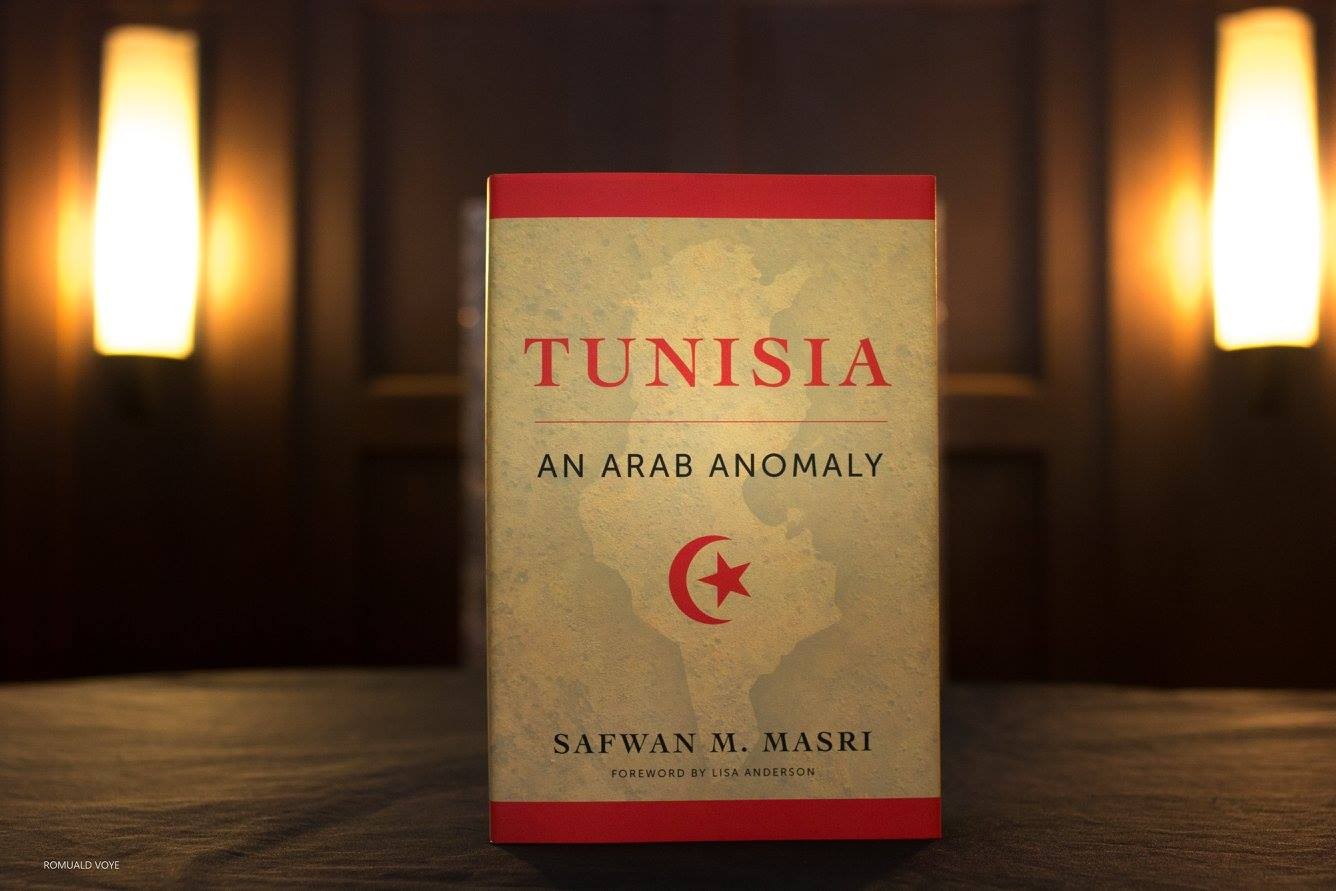Masri, former executive vice president for Global Centers and Global Development at Columbia University, was joined on stage by cultural historian and author Professor Andrew Hussey for a compelling conversation on the historical, political, and cultural factors that have contributed to Tunisia’s specificity within the Arab world.
“For me this book has been a very personal journey,” explained Masri, who hails from Jordan and has worked tirelessly on promoting and developing education programs in many Arab countries, including Tunisia. “In Tunis I saw a version of the Arab world that I had not seen since the 1960s and 1970s. It made me very nostalgic for the Amman, Beirut, and Cairo of my childhood.”
Masri’s quest to understand the factors that make Tunisia “an anomaly” led him to interview dozens of experts, leaders, activists, and ordinary citizens while writing his book. The result, according to Andrew Hussey, is “both timely and provocative… a cultural, historical, and political mapping of a country that, despite its central role in the Arab Spring, has remained relatively uncharted.”

